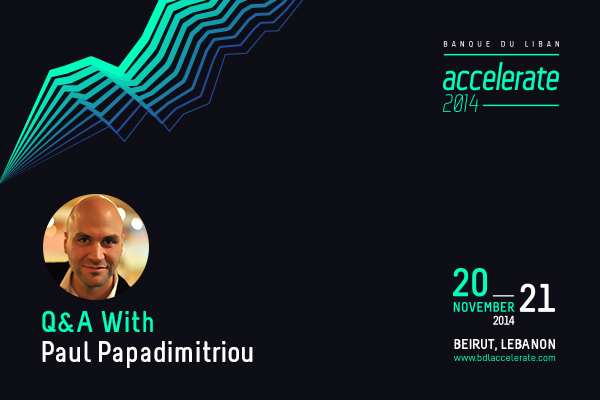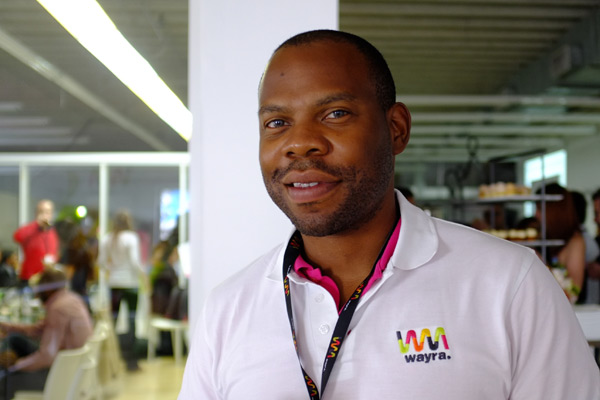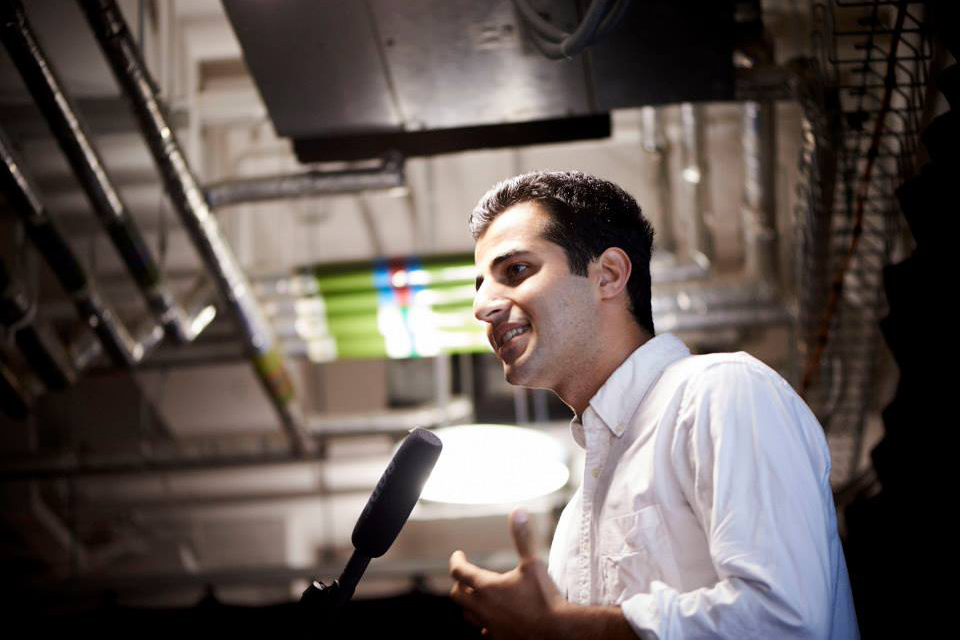Q&A With Paul Papadimitriou
Written by

Paul Papadimitriou
Founder, Intelligencr
London, UK
Paul Papadimitriou is the founder of Intelligencr, an innovation scouting firm. He advises companies on how to understand the new consumer and the technologies of tomorrow—most recently for the launch of a mobile ecosystem in China. Paul believes a new citizen is emerging, with emerging values, enhanced by emerging technologies. How we transact, learn, consume, communicate, work—how we live and love—is being altered. With a truly global outlook, he studies the key signifiers in this crowded space—economics, culture, behavioral studies, politics—and surfaces what is important, what isn’t and what it all means. He is a Swiss, a Greek and a Finn. His homes have included Tokyo, Manila and Geneva. Lobbyist turned storyteller, he has given keynote speeches on four continents, appeared on The Economist, ABC, TF1, ABS-CBN or the Japan Times. Companies like Microsoft, Fujitsu, Canonical, SABMiller, Criteo, Tumblr or Siemens have trusted him to challenge them. Paul resides in London, runs TheDigitalLoop podcast and loves chocolate.
Where is the next digital revolution happening? What will it be about?
You cannot connect the dots forwards, did Steve Jobs famously say. But the future is already here, just not evenly distributed, as William Gibson quipped: I can’t tell the future—no one can—but I can foresee multiple existing trends that will explode or continue to explode.
The technological shift towards mobile is an evidence. It is poised to continue at a rapid pace—it’s the race to the next billions, the populations in emerging and frontier countries that haven’t yet access to the internet. Everyone of us becomes a connected node on a massive network.
The generational shift is the undercurrent. Think of it this way, social media was kindergarten, we started to learn communicating in a distributed way. We are now learning how to consume with distributed marketplaces. We will soon learn how distributed networks can change all types of human transactions, from finance to education.
The power shift is the byproduct. The current hierarchical institutions, from government to corporations are in crisis, which explains a lot of clashes we’re seeing, from Uber versus the regulators to the political struggles seen around the world. The hardware is failing, the people software is upgrading and we’re all unsure what the next operating system will be, only that, enhanced by technology, by human invention, it will come distributed.
You say that a new citizen is emerging. Can you tell us more about him or her?
The emerging trends I mentioned above are feeding off each other, creating a new sense of identity.
When you’re born in a world of distributed power, the way you envision yourself, the way you define yourself is altered. What you see possible is changed. Your choices—from how you buy to how you wish to influence the future of the planet—have shifted. You understand that making sense information flows is paramount—communication is information, product is information, capital is information. Understand those flows and you acquire knowledge. Interface those flows and you can change the world.
Don’t misconstrue my statement. There’s no great equalizer. It’s not the rise of a single citizen bounded by sameness. It’s actually the opposite, a greater variety of citizens all armed with the tools that I’ve outlined, all leveraging ideas, the new capital. The more I travel in frontier and emerging markets, the more I’m comforted in this view.
You’re currently involved in a mobile ecosystem launch in China. Can you tell us more about this and what you’re learning from this experience?
There are tendencies of reducing China to the factory of the world, and to conflate everything we read about it—from IP laws to cultural artifacts—to create this monolithic image that drives suspicion. Nothing could be further from the truth. It’s an immensely complex country that I’ve only started to comprehend.
In terms of technology, think of Japan in the 60s. There was mockery about their cars, their transistors. The “Made in China” suffers from a similar stigma. It’s intellectually lazy—and dishonest—to believe that China is just an on-demand factory copying everything. Innovation is about understanding your customer and I’m seeing tons of companies doing that more than well there. And trust me, Xiaomi, the handset maker that everybody mentions nowadays, is only one of the first brands that will appear globally.
As for my personal experience, China’s scale is beyond imagination—it gives you this exhilarating feeling of an enormous blank canvas to draw on. Thinking of strategies on such a scale is a fantastic opportunity. Having to imagine what you can do on platforms like WeChat is also really fun; there are tons of possibilities that you can’t play with in Europe or North America. The potential for hardware is another fascinating avenue. You can really scale fast, just visit Shenzhen to grasp this reality. Like any country, there’s more than meets the eye. China also more ideas than my brain can store. A land of opportunity.


